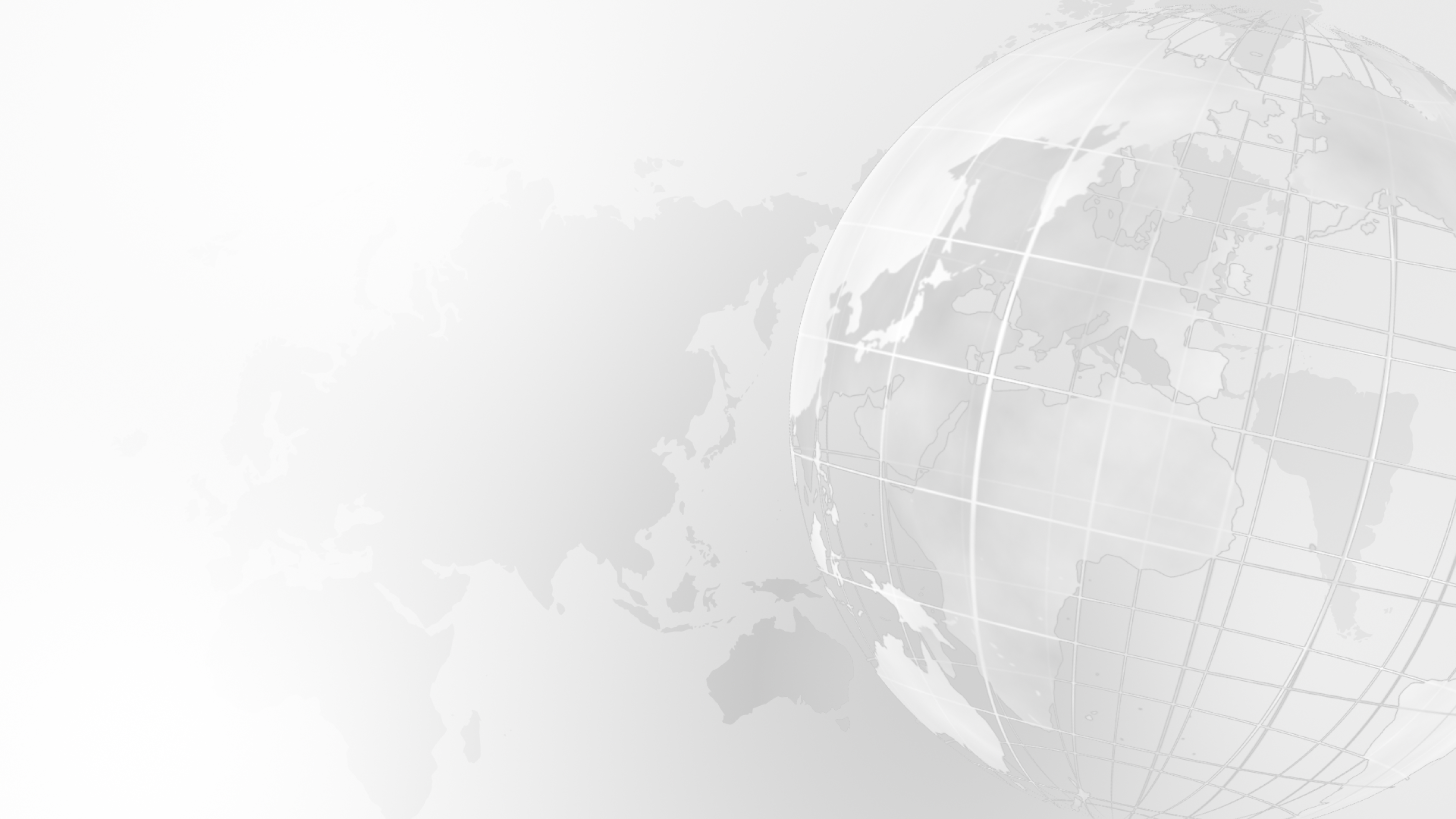2022/09/21
IPEF Ministerial Meeting Starts. Is the New Economic Alliance Ready to Get off the Starting Line?

(The original article in Japanese was posted on September 9, 2022)
"The Indo-Pacific Economic Framework for Prosperity" (IPEF) ministerial meeting will start in the early hours on September 9 Japan Standard Time. It is a U.S.-led new economic initiative to counter the fast-growing influence of China in the Asia-Pacific region, originally introduced by the U.S. President Biden earlier in October 2021 during the East Asia Summit. Previously, an introductory meeting was held in Tokyo on May 23 this year after 13 countries had announced their participation in the new framework by that time, including Japan, South Korea, India, Australia, New Zealand, and seven ASEAN countries excluding Laos, Myanmar, and Cambodia. Later, Fiji joined the framework, making the total of 14 participating countries. This September session is the first in-person meeting after the launching in May and ministerial-level officials from each participating country will assemble in Los Angeles aiming to “declare the start of formal negotiations” at this meeting.
The IPEF is a multilateral framework laid out by the U.S. who strives to maintain its influential position in the region as strong as it used to be even after its determination not to join the Trans-Pacific Partnership (TPP), and it involves four policy pillars: trade, supply chain, clean economy and fair economy. However, it is not that easy to reach a high-level agreement on key issues such as data-handling in digital economy, human rights, environment, anti-corruption, and others. In addition, considering the fact that the U.S. has withdrawn from the TPP because of reluctance to liberalize its own market, the IPEF will accordingly not present any incentive to get access to the U.S. market.
On the other hand, China, already being a member of the Regional Comprehensive Economic Partnership (RCEP), has announced its participation in the TPP. Therefore, the U.S. in need of immediate formation of an international alliance against China, has lowered the IPEF participation hurdles, saying “participating countries are free to choose any of the four focused pillars to join.” In fact, it implies a distressed situation of the U.S. who is obliged to offer such a flexible approach to attract attention of Asian countries while they do not always want to make an either-or decision between the U.S. and China. It is probably the similar reason that Taiwan is absent from the framework. However, if each of the participating countries selects a limited number of pilllars to join, the solidarity and effectiveness of the economic initiative will lose credibility. Obviously, it is the right time for the U.S. to demonstrate its leadership and coordinating ability.
From the perspective of the participating countries, they mostly take a deep interest in the supply chain pillar. Since the new coronavirus and Russian military aggression have exposed the vulnerability of the global economy, the IPEF now aims to establish a crisis-response mechanism that enables reciprocal steady supplies of crucial commodities such as semiconductors, medical products, foodstuffs, and resources among participating countries in the event of emergency to reduce potential risks in the international supply networks. For Japan, taking into consideration the fact that supplies of rare earth metals have been cut off by the impact of the complicated dispute of Senkaku Islands, it is definitely a matter of the utmost importance that risk mitigation against China is guaranteed by means of an international agreement. Naturally, the supply chain pillar holds great expectations. Besides, aside from Japan’s circumstances, the greatest motivation for the Asian countries will be the possibility of "opening of the U.S. market." In short, the immediate return of the U.S. to the TPP is desired in order to strengthen the substantial influence of the IPEF especially as an economic initiative.
This Week’s Focus, September 9
Takashi Mizukoshi, the President